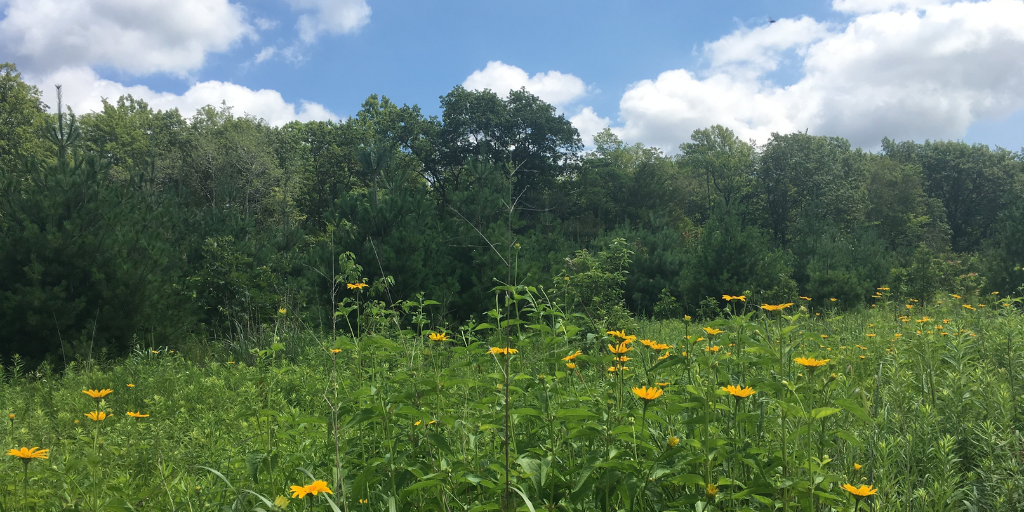A University of Guelph researcher joined by farmers from the Alternative Land Use Services program (ALUS) met with Environment and Climate Change Canada and Agriculture Canada on March 3 to discuss how farm practices can be adjusted to produce ecosystem services and improve food sustainability in Canada.
Dr. Andrew MacDougall, a professor in the Department of Integrative Biology, is leading Food from Thought-funded research that involves working directly with Ontario farmers to quantify how their ecologically beneficial practices can protect the environment and fight climate change without adversely affecting – and sometimes while boosting – their bottom lines. This project has so far provided scientific proof of how beneficial practices positively impact the environment on 22 farms across Southwestern Ontario.
“There is a range of solutions, including carbon sequestration, improving biodiversity and retaining nutrients on the land,” says Dr. MacDougall.
“The Food from Thought-supported work from the group of researchers has played a significant role in demonstrating how farm practices can be adjusted to produce ecosystem services. The team hopes that the outcome of this meeting will tie directly into the third phase of the project, where the University of Guelph science helps inform the provision of ecosystem services on Canadian farms.”
Several corporations, including representatives from Cargill and Bruce Power, were present at the meeting and are already strong supporters of the ALUS program. The team hopes these corporations will influence policy and policy-related funding for improved food sustainability.
In the meeting, Dr. MacDougall and the ALUS farmers emphasized the importance of biodiversity and carbon storage on farms, which can be achieved through practices including cover cropping, rotational grazing , and the construction of wetlands and native prairie on marginal crop land. These practices improve soil health and help mitigate climate change by sequestering carbon in the soil.
The meeting was a step forward in promoting sustainable farming practices in Canada. The research team hopes the discussions will lead to concrete policy changes that benefit both the environment and farmers. The team is committed to continuing its work and collaborating with government agencies, corporations, and farmers to promote sustainable food production in Canada.
Read more about Dr. MacDougall’s Food from Thought-funded research


